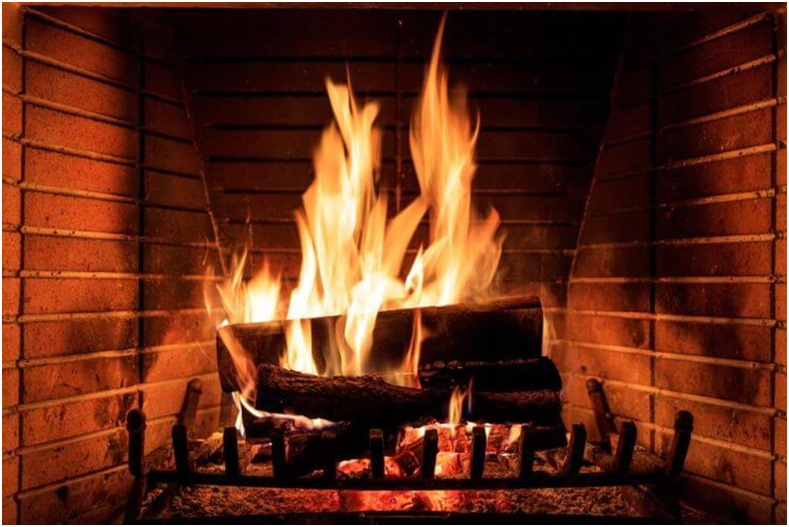The winter period is one of the most worrying for many people, as it is often a time when the cost of heating is significantly high. Several solutions are available to better heat your home during this period. Let’s discover 5 fuels that you can use in winter.
Coal
Coal has always been one of the best fuels of choice since the dawn of time. For heating in winter, the use of coal is therefore preferred. Indeed, the reason why this fuel is so appreciated is due to its very high calorific efficiency.
Coal actually burns slower than many fuels. This slow combustion then offers an economic advantage. And charcoal stoves don’t need to be refilled very frequently. Charcoal heating also has the advantage of being a low pollutant. It is very comfortable to use. This is why it is the primary heating fuel in winter.
Electricity
While some people may think that using electricity to heat their home is more expensive than other methods, such as natural gas or oil, there are actually several advantages to using electricity for this purpose. For one thing, electric heat is more efficient than other types of heat, meaning that it will actually save you money in the long run. Electric heat also provides a consistent level of heat, meaning that you won’t have to worry about fluctuations in temperature. And finally, electric heat is much safer than other types of heat, making it a great choice for families with small children or pets.

Natural Gas
Arguments in favor of using natural gas as a heating fuel typically cite its affordability and efficiency. Natural gas is often less expensive than other heating fuels like oil or propane, and it also burns more cleanly, resulting in lower emissions. Additionally, natural gas furnaces tend to be more efficient than their propane-burning counterparts, meaning that they can help to lower your energy bills. In particularly cold climates, natural gas can also be a more reliable heating fuel, as it is less likely to freeze in low temperatures.
Fuel oil
While natural gas and electricity are the most common heating fuels, there are a few reasons why some people choose to use fuel oil instead. One benefit of fuel oil is that it can be stored on-site, meaning you don’t have to rely on a steady supply from a utility company. This can be especially helpful in rural areas or during power outages. Additionally, fuel oil tends to be less expensive than other heating options, making it a good choice for budget-conscious homeowners. Finally, fuel oil produces more heat than an equivalent amount of natural gas or electricity, making it a good choice for particularly cold winters.
Wood
Wood is a renewable resource that can be used as heating fuel. A wood pellet mill is a machine that compresses wood into pellets. These pellets can be burned in a wood pellet stove, which provides heat for the home. wood pellet stoves are highly efficient and can save families money on their heating bills. In addition, wood is a clean-burning fuel source, so it does not produce the harmful emissions that other fuels do. For these reasons, using wood as a heating fuel is an excellent way to save money and protect the environment.
So, what heating fuel is best for you this winter? The answer will depend on your needs and preferences. Do some research and ask around to see what others are using in your area – then make the decision that’s best for you and your family. With so many options available, there’s no reason not to find the perfect heating fuel for your home this winter!
